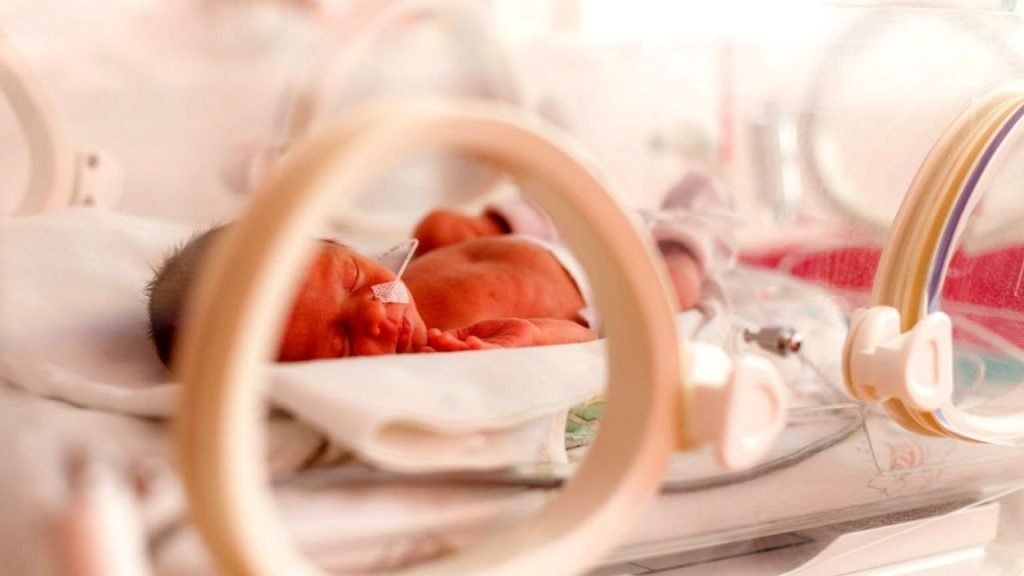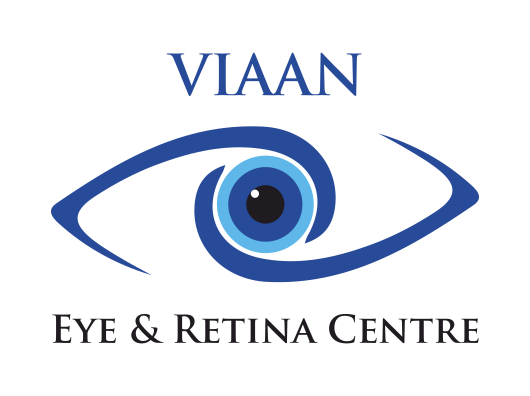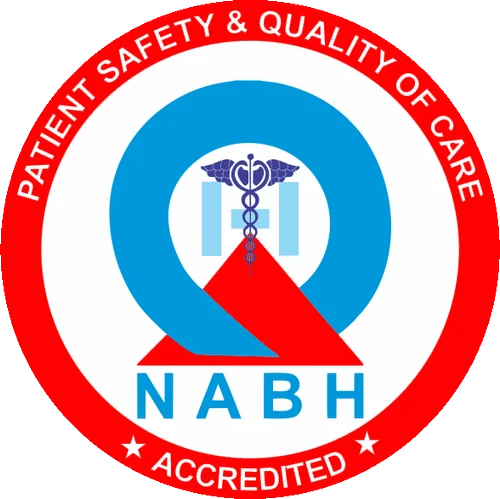
Premature babies are babies who are born at 37th week or earlier. These babies are more likely to have health complications and birth defects. This is because premature babies have less time to develop in the womb as normal pregnancy lasts for about 40 weeks. Among all the health issues that may affect premature babies, eye problems are more alarming for parents.
According to the best eye specialists in Gurgaon, vision development occurs in the last few weeks of pregnancy. It is noted that premature birth is responsible for 35% of instances of vision impairment. According to WHO, every year about 15 million babies are born prematurely around the world and that is more than one in 10 of all babies born globally. In India, out of 27 million babies born every year, 3.5 million babies born are premature as per the estimates. This number clearly states why it is important for parents to know more about the health problems in premature babies so as to deal with these problems efficiently.
The earlier a baby is born, the more likely they are to experience eye problems. This is because eyes develop the most during the last three months of pregnancy. Premature birth paves way for abnormal development of blood vessels which eventually leads to vision impairment. Below-mentioned are eye problems usually found in premature babies:
1. Retinopathy of prematurity (ROP):-
The retinopathy of prematurity (ROP) develops when blood vessels grow abnormally in the eye. This disease is most common among babies born before 31 weeks or at a very low weight. ROP is more likely to occur in premature babies because early delivery disrupts normal blood vessel growth. This causes abnormal vessels to form in the retina. The blood vessels supply a constant flow of oxygen to the eyes for proper eye development. When a baby is born prematurely, the flow of oxygen is altered. In particular, most premature babies require extra oxygen in the hospital for their lungs. The altered flow of oxygen disrupts their normal oxygen level.
This disruption can lead to the development of ROP. The retina may become damaged if the abnormal blood vessels begin to swell and leak blood due to improper oxygen levels. When this happens, the retina can detach from the eyeball, triggering vision problems. In some cases, it can lead to blindness. ROP can also cause amblyopia, nearsightedness, and glaucoma. Complications from ROP don’t usually occur until later in childhood and adulthood.
2. Strabismus:-
Strabismus also called crossed eyes is an eye condition that causes misalignment of one or both of the eyes. It is common in children under the age of 5 years old. Premature babies born with weight less than 2,000 grams are at high risk of developing strabismus later in life. It can lead to permanent vision problems if it isn’t diagnosed and treated early. Strabismus may be caused when the cranial nerves that cause eye movement are weak, or there’s a problem with the eye muscles. There are two types of strabismus- horizontal strabismus and vertical strabismus.
In horizontal strabismus, one or both eyes turn inward. It may be referred to as being “cross-eyed.” Horizontal strabismus can also cause an eye or eyes that turn outward. In this case, it may be referred to as being “wall-eyed.” On the other hand in vertical strabismus, one eye is higher or lower than a normally positioned eye.
3. Blindness:-
Retinal detachment associated with ROP if goes undetected can lead to blindness. This is the most serious problem associated with premature birth. Other causes of blindness in premature babies are separate from ROP. Some babies are born without certain parts of the eye, such as the eyeball or iris, resulting in blindness. These conditions are very rare and not necessarily more common in premature babies.
Conclusion:-
Though all newborns delivered in hospitals or birthing centers are screened for any health problem at birth, it is advised by the best eye specialists from Gurgaon that premature babies must undergo further testing to detect any eye problems in them. This will help parents and doctors to take necessary steps for treating those problems before it gets too late to mend.



